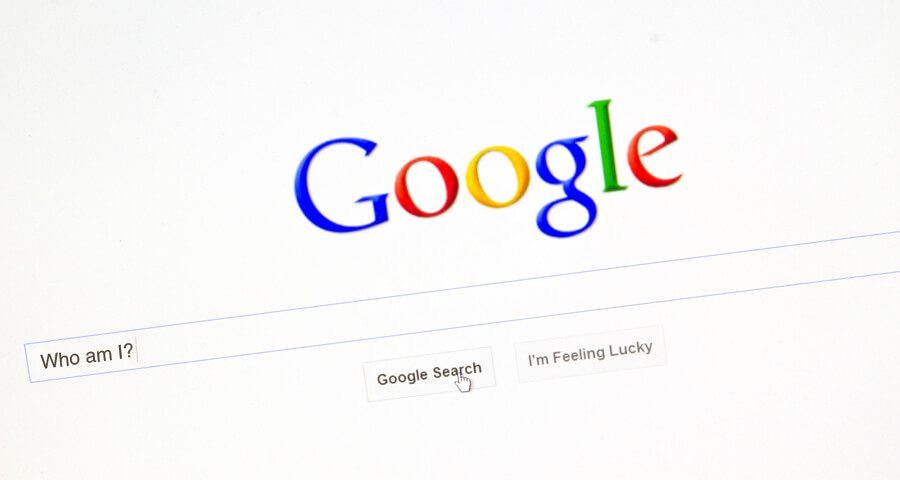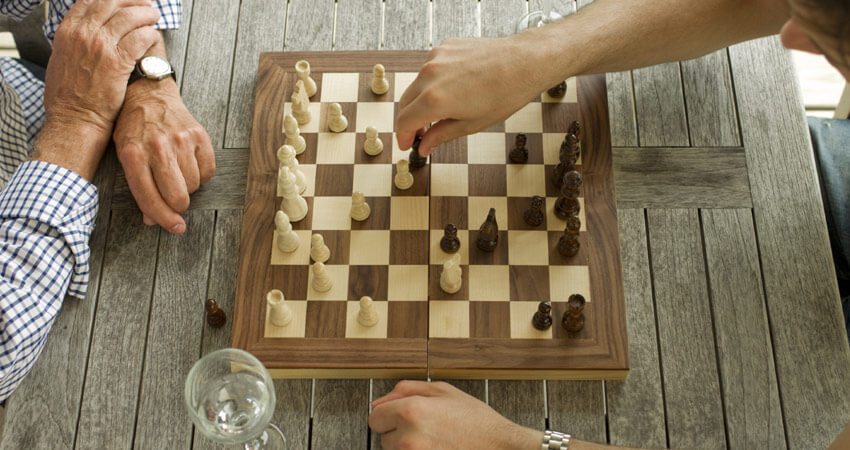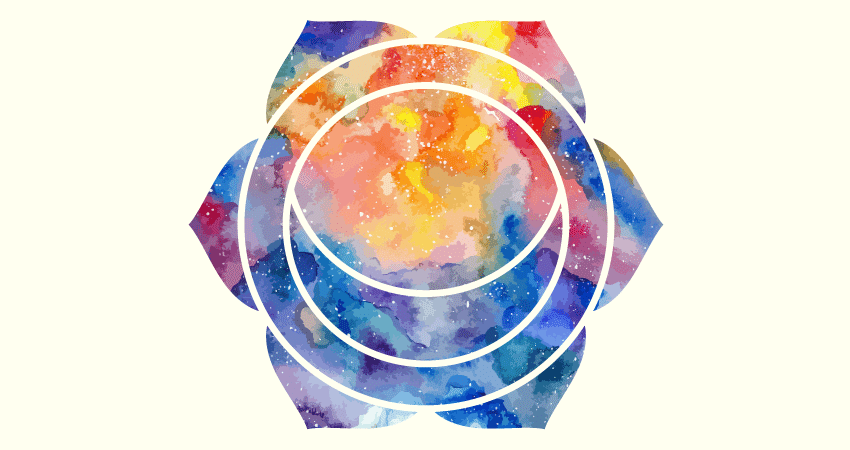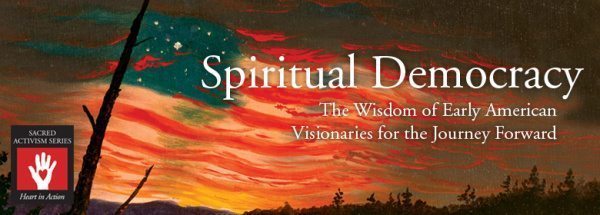
The One Great Question
Categories: Guest Post Psychology & Personal Growth Society & Politics
As a professor of philosophy, I try to help people and myself open up the great questions of the heart. And let me also explain what I mean by that, because for me, philosophy has to do mainly with questions. As I sometimes say—only half jokingly—we philosophers don’t do answers, we do questions.
We need to understand that there is a certain kind of questioning that comes from a very deep place in our Self. And we need to understand that the great questions that arise from this source in us do not have answers in the usual sense—of questions that you can answer by getting information, or reading books, or conducting scientific research. Now let me tell you a little what I mean by these questions, and why I think they are of paramount importance to your life and my life—our lives. If we ever stop asking these questions, probably we’ll stop being human.
Some years ago, through a friend of mine who was heading up a newly formed philanthropic foundation, I was offered the opportunity to do some private research on my own. I had been teaching philosophy at San Francisco State University for many years, but I found myself saying that I would like to teach philosophy to a high school class. I almost regretted the moment I said yes, because immediately after I said yes I was given the grant and then was committed to trying something I had never done before. I found a place, a very fine private high school, University High School, and suddenly there I was in front of a special class of primarily 10th and 11th graders.
Standing in front of the class for the first time, I decided to get right to the point. I said to the class: “Imagine as though you were in a fairy tale, and you were standing in front of the wisest man or woman in the world—someone like the Buddha or Socrates—and, as in a fairy tale, you could ask any question you wanted—only one. If you had one question to ask,” I said to them, “what would it be?”
“Take your time,” I said, “think about it.” At first, some of them started giggling, and I could imagine that somebody thought of asking a trick question, like “How can I have three more questions?” or something like that. But they soon saw that I was very serious, and they also became very serious about the task, and they got quiet. Take a moment to think for yourself: if you could really ask only one question to the wisest man or woman in the world, what would it be?
The questions that come forward are often questions we’ve always had, even when we were very, very young. And the questions I received from those students was something very remarkable. I got back twelve sheets of paper, and on half of these sheets of paper there was something written in very small handwriting at the bottom of the page or over at the margins—and the center of the page was blank. And at the bottom of the page in these little letters in little handwriting there were questions like,
“What’s it all about?”
“Where’s it all going?”
“Why do we live?”
“Why do we die?”
“Does God exist?”
“What’s the brain for?”
“What can we know?”
In other words, these were the kind of great, “unanswerable,” but essential questions that have been asked by human beings in every culture and every place and every time for thousands of years and which are asked by every one of us—one or another of them—in critical moments of our life. But I couldn’t understand why these questions were written in little letters at the bottom of the page or at the side, and I just pondered that, and after a while I realized it was as though they were saying, “Do you really give us permission to ask this question? Are we really allowed to expose this part of ourselves that we haven’t had anyone honor or anyone support or anyone to talk to really about in our lives?”
It is as though something has been repressed in our culture that was being manifested in that particular phenomenon, a kind of repression of something in ourselves, very central in ourselves, a kind of cultural repression of what I would call this metaphysical or philosophical impulse, this wish to understand, to know the meaning of things, and to ask it.
Now the great questions of the heart—Who am I? Does God exist? Is there a soul and is it immortal? What can we know? What ought we to do? What is good and evil?—these are questions have been dealt with (and not-answered in the sense that they’re finished with) but they’ve been struggled with for thousands of years.
One of the most tormenting questions of our time, and of all times and cultures, has to do with our own human identity—what we are, or the question is sometimes simply, Who am I? A more abstract version of it is, What is man? What is a human being? A very personal version of it is, Who is this human being? What am I? Am I what I am told by my environment? Am I my ethnic identity? Am I my national identity? Am I my sexual identity? Am I my physical characteristics? Am I the opinions which have come into my mind from hearing people speak, from television, from newspapers, from my peers? Am I the desires to buy this, to have that, to own that, to succeed in that—desires which themselves may have been conditioned into me from outside?
We don’t necessarily know where these desires come from, whether they were “injected” into us from outside ourselves. But, nevertheless, we say “I” to all these things: I want, I am, I am this, I am that, I am a Republican, I am a Democrat, I am a boy, I am a girl, I am an Indian, I am black, I am white. But is that I? Or is there something behind all that, something more intimate that is truly myself, something that these things aren’t necessarily representative of, which in fact sometimes these things which I usually call “I” and “myself” actually are covering over—covering over this intimate reality called I?
This is a great question of the heart, and a great question of all these traditions and spiritualities of the world.
Tags: Jacob Needleman Philosophy



